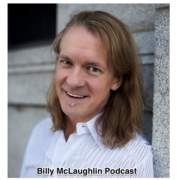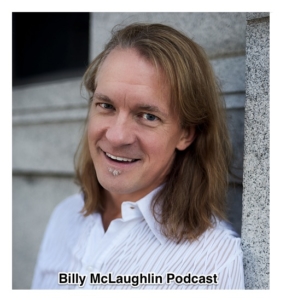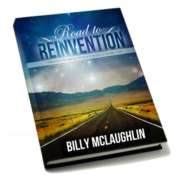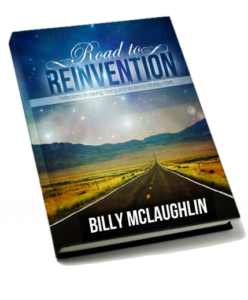Moving Hearts and Minds through Music
My relationship with music is an ever-changing adventure. There are times when I am so connected to what I am playing that the music simply flows through me—as if the music and I are one. There are other times when I can’t even bring myself to pick up my guitar. If my experiences with music have taught me anything, it is that my performance depends substantially if not entirely on my state of mind. When I play, my mind is in harmony with my surroundings, my thoughts, feelings and sense of presence. Over time, I’ve become pretty adept at bringing myself into a place where I perform my best. However, this hasn’t always been the case. There was a long time when I had lost touch with my ability. Dystonia and the debilitating effect it had on my hand affected me in many more ways than mechanical. It had a chain reaction on my emotions, my outlook and my concentration. It took a long time to overcome my emotional and psychological reaction to dystonia. Thankfully, I succeeded. When I did, my outlook about what was going on had changed; dystonia lost its power over me. I adapted and the music found its way through me once again. In retrospect, the physical damage that dystonia had caused was not as severe as what it had done to my attitude.
I feel fortunate that my work in music has heightened my awareness of my attitude and emotional state of mind. Having achieved a sense of “flow” when I play my music, I am able to recreate it for myself and my audience. I believe that having been in touch with this amazing sensation, and wanting desperately to have it back again, was the reason why I was able to persist with relearning how to play the guitar left-handed, regardless of the time and struggle that it took. My experience with dystonia was an exercise in the power of mindset. I learned that I had a choice between creating new vision and finding myself stuck in despair without the ability to even try. It was the music I had nearly lost that taught me this. The interesting thing about music is how it transcends words and intellect and operates on another level of consciousness entirely. Because music doesn’t deal with words or thought, you don’t argue with it. Music simply flows through you and carries you wherever you let it. I have devoted my career to exploring how music melds with people’s minds and emotions. It is an experience I share with my audience when I play. I want them to experience their own sensation of “flow” so that they, too, will be inspired and moved through music.
Inspiration is crucial to the creation of anything. Like music, inspiration doesn’t happen on an intellectual level, but on a higher plane. It, too, transcends thoughts and words. I believe that inspiration is love, whether it comes in the form of music or a business idea. Once you have learned to tap into your inspiration and allowed it to flow through your imagination and attach to your dreams, anything is possible. Because inspiration is sourced in love, it gives you the strength to persevere. Unfortunately, we don’t learn much about inspiration in school. At least, I never did. I had to find it for myself. For years it evaded me, until I discovered what I loved to do. Thankfully, I built my career around it. If you’re lucky, you’ll have landed on inspiration, either accidentally or through persistence, and discovered what you love to do. You know when you’ve been inspired, because it changes everything. It will serve you in ways that no amount of knowledge can. In a culture like ours that places a high value on things that can be counted and seen, inspiration can sometimes seem out of touch and unreal. However, when you find yourself in a difficult situation, such as I did, inspiration is the source of strength that will see you through.
The next time you find yourself stuck in gridlock, when reasoning and rationalizing are getting you nowhere, stop for a moment and take inventory of your senses. You’re probably arguing with your own intellect—or somebody else’s. Get out of your head space and into your heart. Find a quiet place, go for a walk or listen to your favorite music and let it be the vehicle that takes you to a higher plane. You’ll know when you arrive because your frustrations will settle down and your inspiration will begin to flow. When it does, pay attention. Listen to the music that your inspiration plays for you. Let your distractions and doubt fade away and the direction you’ve been seeking will become clear.






